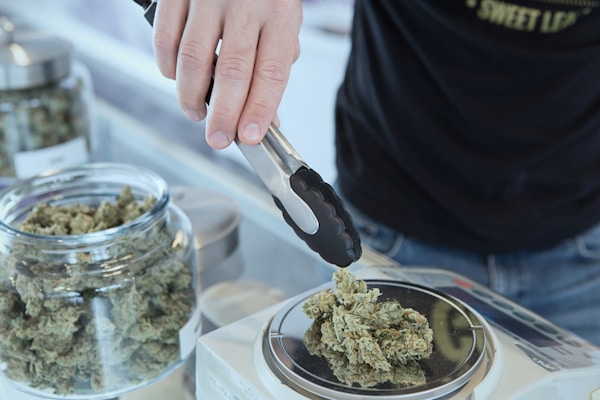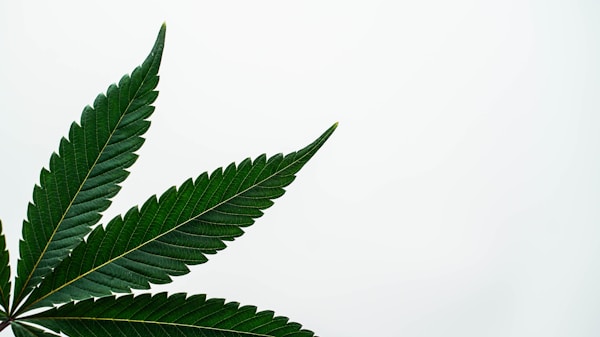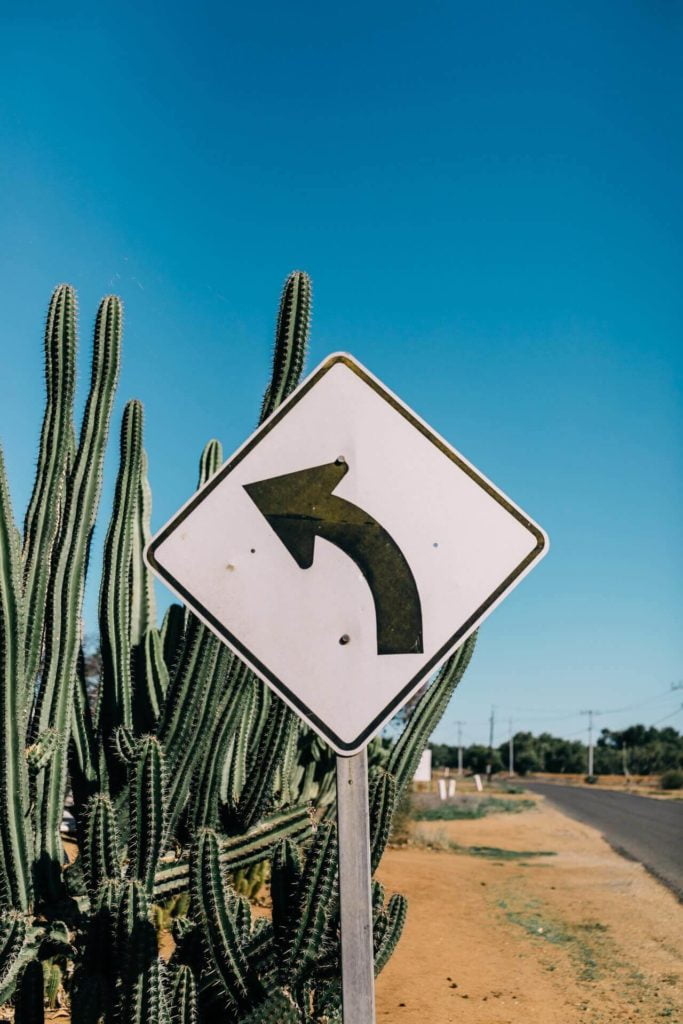In recent years, medical marijuana has gained significant traction as a viable form of relief and therapy for various ailments and conditions. As a result, more and more people are seeking information on obtaining a medical marijuana license. This article aims to guide you through the process, covering key aspects such as consulting a medical marijuana physician, understanding state laws and requirements, the application process, and other important considerations. Keep reading to learn everything you need to know about obtaining your medical marijuana license.
Consulting a Medical Marijuana Physician

One of the primary steps in obtaining a medical marijuana license is consulting a medical marijuana physician. Working with a qualified and experienced medical professional can evaluate your medical condition and determine if medical marijuana is a suitable form of treatment for you. While seeking a medical marijuana physician, it’s important to ensure that they are well informed about the latest research, legal regulations, and potential risks and benefits related to the use of medical marijuana in your state.
During your consultation, the medical marijuana physician will review your medical history and may request additional documentation or tests to support your application. They will also discuss the potential benefits and risks associated with using medical marijuana.
Once they have all the necessary information, they will recommend whether you qualify for a medical marijuana license based on your state’s specific requirements. This recommendation will be the foundation for the rest of the license application process.
Remember that medical marijuana laws and regulations vary across states, and not all healthcare providers may have the necessary certification to recommend a medical marijuana license. Therefore, conducting thorough research and gathering all pertinent information is essential before proceeding with your consultation.
Understanding State Laws and Requirements
Medical marijuana laws and requirements differ significantly from state to state. Consequently, it’s essential to familiarize yourself with the specific laws governing medical marijuana in your locality. These laws may cover various aspects, including qualifying conditions, possession limits, patient registration, and caregiver roles.
Qualifying conditions for medical marijuana use may include chronic pain, cancer, epilepsy, HIV/AIDS, and other debilitating illnesses. Additionally, you may have to provide documented evidence from a medical professional to support the diagnosis of your qualifying condition. Moreover, you must present evidence that you have tried other forms of treatment before seeking medical marijuana, depending on your state’s specific requirements.
Furthermore, you must be aware of the possession limits and any other restrictions imposed by your state. These limitations may apply to the quantity and form of medical marijuana you can access and where you can buy and use it. Compliance with state laws is essential throughout the process of obtaining and maintaining your medical marijuana license to avoid legal issues or jeopardize your eligibility.
The Application Process

Once you receive a recommendation for medical marijuana from a qualified physician and have gathered all documentation, you can proceed with the application process. This process typically begins by registering with your state’s medical marijuana program. Make sure to provide accurate information, submit your physician’s recommendation, and pay any required registration fees.
After submitting your application, you may be asked to provide additional documentation, such as proof of residency, identification, or evidence of eligibility for reduced application fees. Make sure you submit complete, accurate, and honest information, as any discrepancies can lead to delays or denial of your application.
Finally, once your application has been approved, you will receive your medical marijuana license. This license will grant you access to legally purchase and use medical marijuana following your state’s regulations. Keep in mind that your license may have an expiry date, and you will have to renew it periodically to maintain your eligibility.
Obtaining a medical marijuana license involves consulting a qualified medical marijuana physician, understanding state laws and requirements, and following the proper application procedures. By staying informed and vigilant, you can navigate this complex process and access the relief that medical marijuana may provide for your specific condition.



